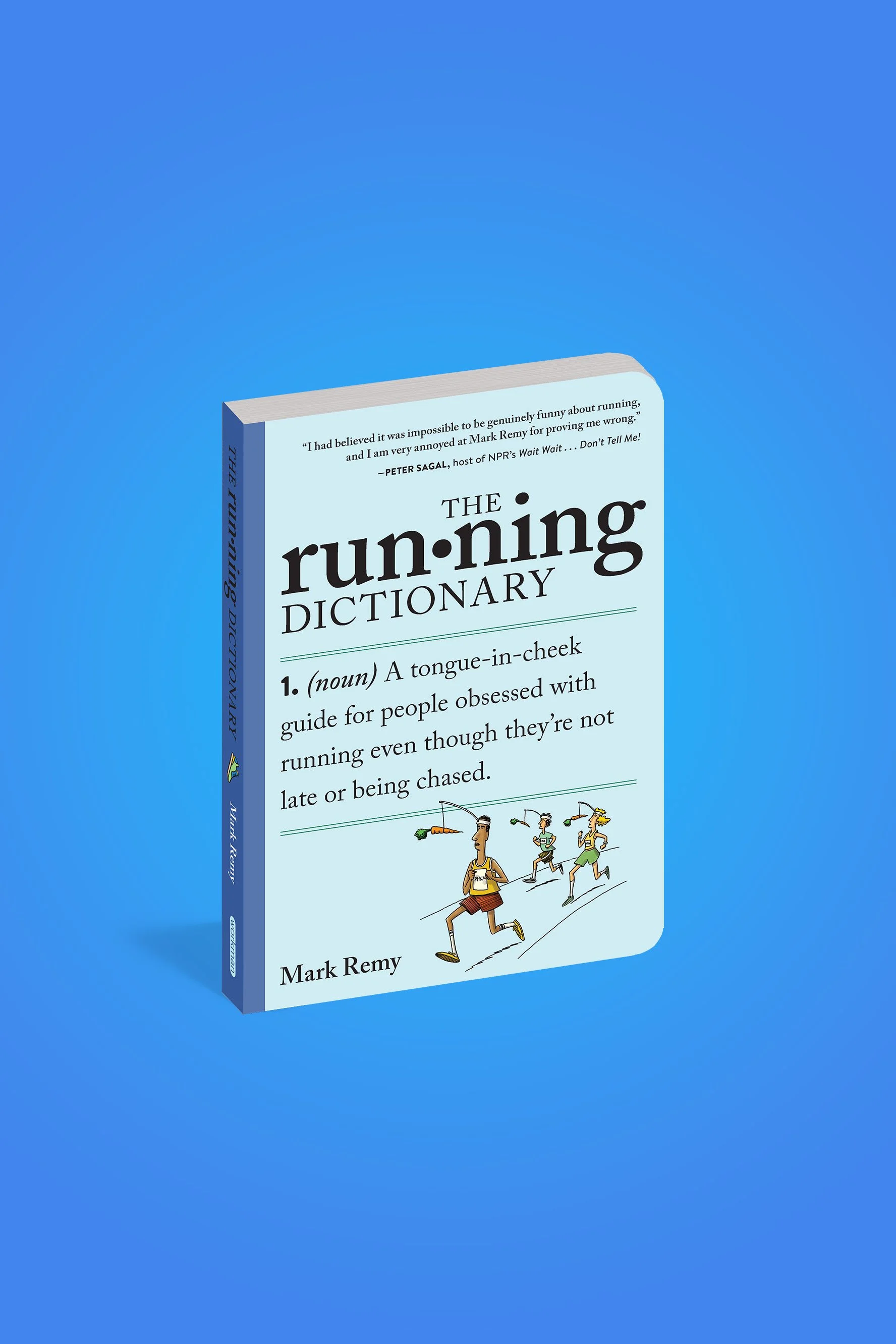Americans Developing Resistance to Pumpkin Spice, Doctors Warn
/istockphoto.com
Researchers at the National Medical Association are using the arrival of fall to deliver some alarming news: Americans appear to be developing resistance to pumpkin spice.
"Starbucks introduced its Pumpkin Spice Latte 11 years ago," said Dr. Wayne Campbell, an NMA spokesman, in a live-streamed news conference over the weekend. "Since then, customers have ordered some 200 million of the seasonal drinks."
In light of the drink's popularity, he said, "marketers have added 'pumpkin spice' flavoring to a mind-boggling number of products," from snack bars to kale chips, yogurt to cookies, cereal to limited-edition English muffins, Kahlúa, and much more.
"It's omnipresent," he said. "You can't avoid the stuff. Over time, with constant exposure to these low doses, the body's immune system develops antibodies to combat it. And the pumpkin spice becomes less and less effective."
"Before you know it," Dr. Campbell said, "you're chewing Wrigley's Extra Pumpkin Spice gum all day—not as a special treat, but just to feel 'normal.'"
In a statement on its website, the group called on the nation's marketers to voluntarily remove pumpkin spice from all but a handful of products.
The statement reads, in part:
In their rush to capitalize on a trend, our nation's purveyors of foodstuffs, beverages, and consumer packaged goods have added pumpkin spice to a multitude of products—in most of which, frankly, it does not belong.
As a result, our brains' spice receptors have taken a beating. We've been bombarded with so many pumpkin spice flavored products, for so long, we have effectively become numb to its effects.
For many Americans, this means that today it takes more and more pumpkin spice to achieve the same effect. We aren't sure where this trend will lead, but it won't be pretty—even if it smells that way.
We urge the food and beverage industry, restaurants, coffee houses, and others to do their part in addressing this issue by rethinking their decisions to infuse pumpkin spice into so many of their offerings.
This trend is startling, but it can be reversed—if we act now.
While clinical and epidemiological data is lacking, doctors say they have plenty of anecdotal evidence to support the NMA's assertion.
"Ten years ago, I'd have laughed if a patient came to my office telling me that he couldn't 'feel' his pumpkin spice coffee drink," said Dr. Garth Algar, an internist in Aurora, Illinois. "Five years ago, I was hearing two or three of these complaints a month."
"Now?" he said. "I'm seeing at least one patient each day who's incapable of enjoying—or, in extreme cases, of even tasting—anything pumpkin spice flavored."
"It's scary stuff."
For their part, the nation's spice producers dismissed the NMA's concerns as "nonsense."
"Americans have come to expect pumpkin spice each autumn, whether it's in their hot beverages, their savory snacks, or their shower gel," reads a statement on the website of the American Spice Institute, a trade group. "Our members are proud to help fulfill these desires, and they adhere to the very highest standards of safety and quality in doing so."
"We remain committed to providing consumers with the #SpiceOfLife."



